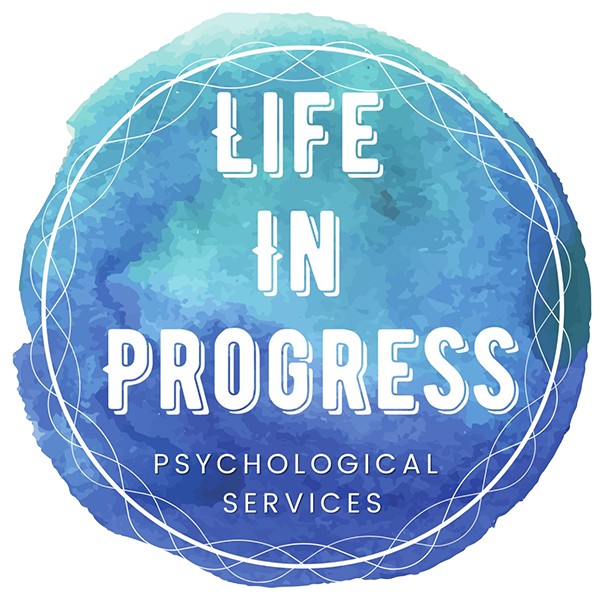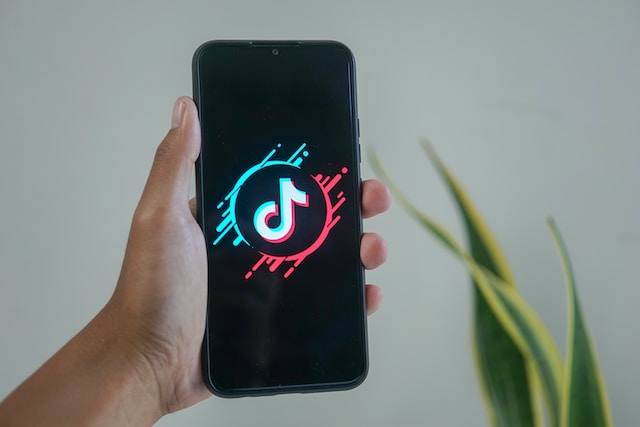In the fast-paced world of today’s digital age, TikTok has taken the social media landscape by storm, captivating millions with its short-form videos that offer entertainment, inspiration, and a sense of connection. However, like any social media platform, TikTok’s impact on mental health can be both positive and negative. To make the most of this popular app while safeguarding our mental well-being, it’s crucial to engage in mindful consumption. In this blog, we will explore how to consume TikTok intentionally, examining the potential impact it can have on mental health, both positively and negatively. Additionally, we will provide practical tips for mindful engagement, empowering users to create a healthier digital experience.
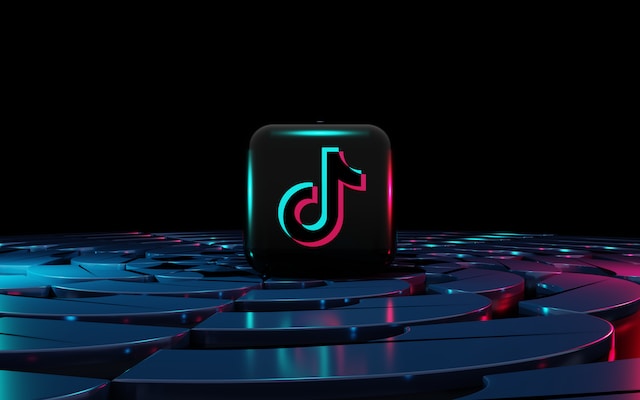
Understanding TikTok’s Impact on Mental Health
Tik Tok’s Positive Impact:
Creativity and Expression: TikTok provides an outlet for creativity and self-expression. Users can showcase their talents, share their stories, and find a supportive community that appreciates their uniqueness. Engaging in creative activities can boost self-esteem and promote a sense of accomplishment.
Connection and Community: The platform allows users to connect with people worldwide who share common interests, experiences, or challenges. This sense of belonging and camaraderie can help combat feelings of isolation by validating experiences and feelings and foster a sense of community.
Humor and Entertainment: Laughter is a powerful tool for reducing stress and improving mood. TikTok’s humorous and entertaining content can offer much-needed mental breaks and inject moments of joy in our daily lives.
Education and Inspiration: TikTok can be a source of valuable educational content, offering insights into various subjects, life hacks, or personal growth tips. Positive and motivational content can inspire and uplift users. It can also raise awareness about mental health issues, helping to reduce stigma and promoting open discussions around mental well-being.
Coping Strategies: Mental health content on TikTok can offer practical coping strategies and self-help tips that may be beneficial in managing everyday challenges.
Tik Tok’s Negative Impact:
Mental Exhaustion: Endless scrolling and quick video transitions can contribute to mental fatigue and
decreased attention span, affecting overall well-being.
Social Comparison: Excessive use of TikTok may lead to social comparison, where users feel inadequate
or unhappy with their lives compared to others. FOMO (Fear Of Missing Out) can intensify, impacting
self-esteem, body image, feelings of inadequacy and increasing anxiety.
Information Overload: Consuming an excessive amount of content can overwhelm the mind and lead to
information overload, making it challenging to focus and retain information.
Cyberbullying and Trolling: Like any social media platform, TikTok is not immune to cyberbullying and
negative comments. Hurtful interactions can significantly impact one’s mental health and well-being.
Sleep Disruption: Engaging with TikTok late at night can disrupt sleep patterns, leading to fatigue,
decreased productivity, and mood swings.
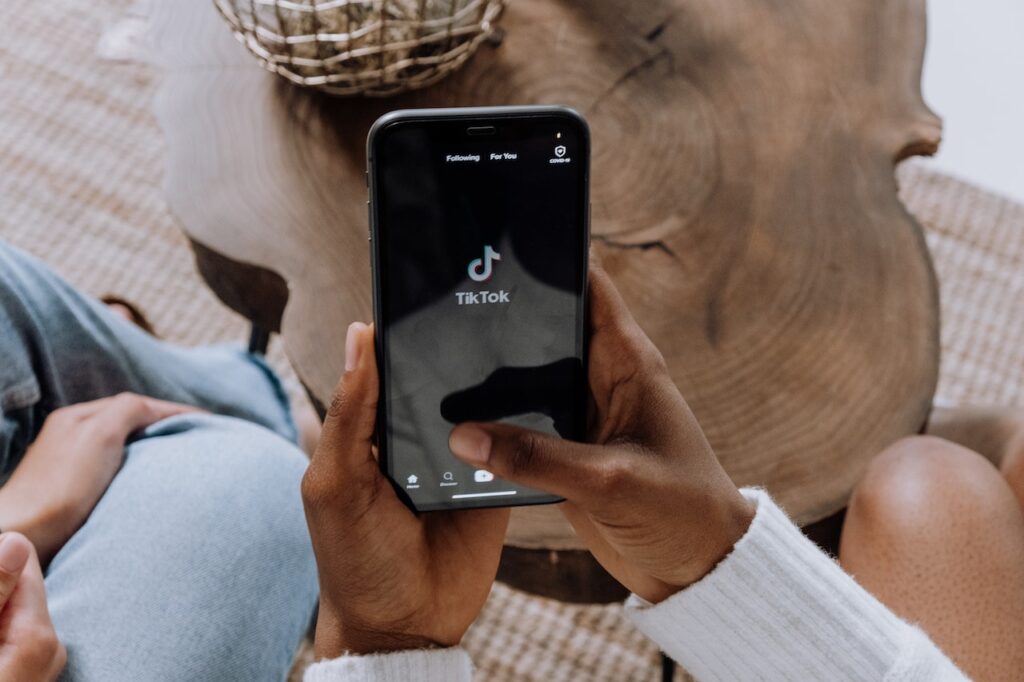
12 Tips for Intentional Consumption: Keys to Mindful TikTok Engagement
- Set Time Limits: Establish daily time limits for TikTok usage and stick to them. Be mindful of how much time you spend on the platform and avoid mindless scrolling. This will help you prevent excessive consumption and maintain a healthier digital balance.
- Curate Your Feed: Be intentional about the content you consume. Follow creators who inspire and uplift you that align with your values and interests and unfollow or mute accounts that negatively impact your mental health.
- Balance Content: Seek a diverse range of content that aligns with your interests, including educational, motivational, and entertaining videos.
- Recognize Triggers: Be aware of content that triggers negative emotions or anxiety. If you encounter distressing content, take a break, and engage in activities that bring you comfort.
- Avoid Late-Night Scrolling: Refrain from using TikTok right before bedtime (and from scrolling while in bed!), as the blue light from screens can disrupt sleep patterns and impact overall restfulness.
- Engage Mindfully: Pause and reflect on how you feel after watching certain videos. Mindfully assess the impact of content on your emotions and adjust your consumption accordingly.
- Limit Social Comparison: Remember that TikTok’s content is curated, and people often portray idealized versions of themselves on ALL social media platforms. Avoid comparing yourself to others and focus on your own personal growth.
- Cultivate Self-Awareness: Pay attention to how TikTok affects your mood, behavior, and self- perception. Being self-aware helps you make intentional choices about your consumption.
- Take Breaks: Give yourself regular breaks from the app. Engage in activities that nurture your mental well-being, such as spending time in nature, practicing mindfulness, or pursuing hobbies.
- Prioritize Connections In Real Life: Foster real-life connections with friends, family, and love ones. Engaging in face-to-face interactions can provide a sense of fulfillment and support.
- Seek Support: If TikTok or other social media platforms trigger negative emotions, consider seeking support from friends, family, or a licensed mental health professional.
- Verify the Source: Be cautious about the credibility of content creators sharing health information. Look for professionals or reliable sources when seeking guidance.
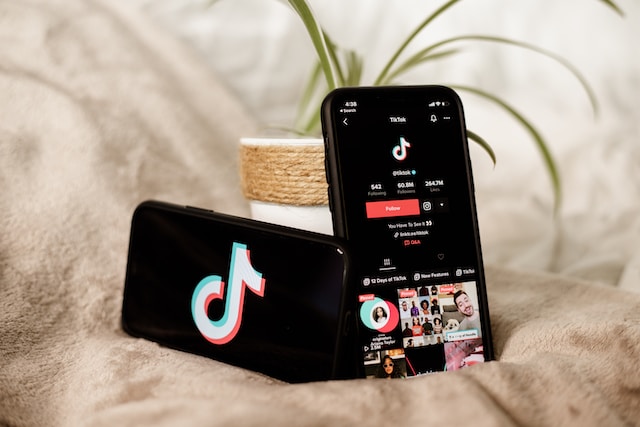
TikTok can be an enjoyable and inspiring platform, offering a plethora of creative content and the opportunity to connect with like-minded individuals worldwide. By engaging with TikTok mindfully, we can harness its positive potential for furthering personal growth, joy, and meaningful connections, while protecting our mental well-being. Remember, striking a balance between digital engagement and real- life experiences is key to fostering a healthier and happier relationship with social media. So, let’s embrace the power of mindful consumption and create a safer and more uplifting digital space on TikTok.
While consuming mental health information on TikTok can offer support, insights, connect with others who share similar experiences and gain coping strategies, it should complement, not replace, professional mental health services. Recognizing the platform’s limitations when it comes to addressing mental health concerns is essential to ensure that individuals seek proper help when needed.
Professional help from licensed therapists remains the gold standard for addressing mental health concerns, providing personalized assessments, interventions, and support tailored to your individual needs. By striking a balance between seeking information on TikTok and accessing professional help when needed, you can create a more comprehensive approach to managing their mental well-being.
